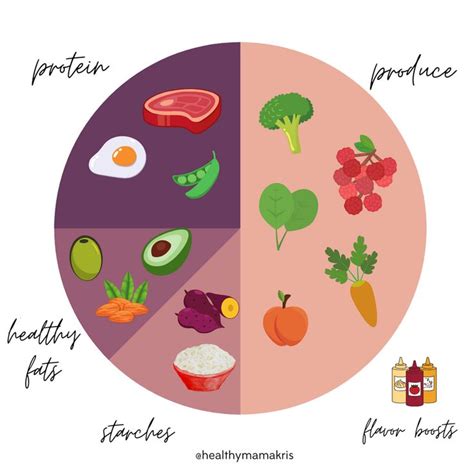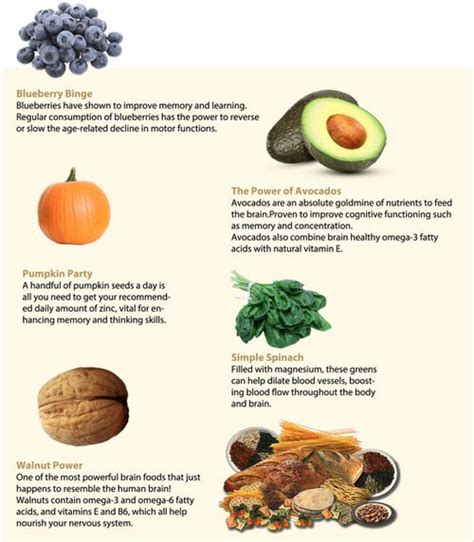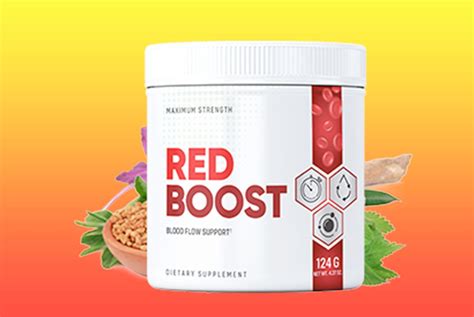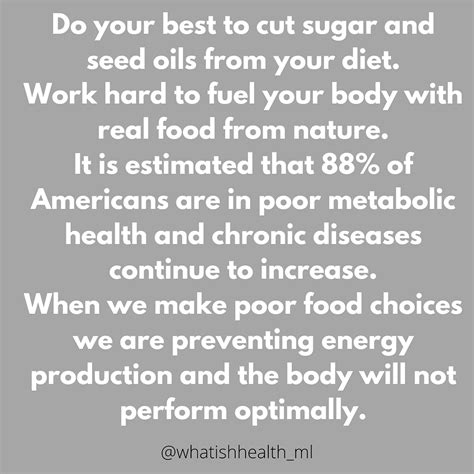Fueling Peak Performance: The Male Energy Equation
In the relentless pursuit of peak physical and mental performance, men often overlook the most fundamental tool at their disposal: daily nutrition. The food you consume isn’t just about satiety; it’s the very fuel that powers your energy levels, sharpens your focus, and dictates your capacity for muscle growth and recovery. Optimizing your daily fuel intake is not a luxury, but a necessity for achieving sustained vitality, mental clarity, and impressive gains.
Understanding how specific nutrients impact male physiology is the first step toward unlocking your full potential. From hormonal balance to neurotransmitter function, every bite plays a role in your overall energy and cognitive prowess. Let’s delve into the dietary strategies that can elevate your performance across the board.
The Foundation of Male Vitality: Macronutrients
Your body’s primary energy sources are macronutrients: proteins, carbohydrates, and fats. Getting the right balance is crucial for male energy, focus, and gains.
- Proteins: Essential for muscle repair and growth, proteins also contribute to sustained energy and satiety. Include lean meats, poultry, fish, eggs, dairy, and plant-based sources like legumes and tofu in every meal.
- Complex Carbohydrates: These are your body’s preferred fuel for sustained energy, especially for brain function and physical activity. Opt for whole grains, oats, brown rice, quinoa, fruits, and vegetables over refined sugars and processed carbs.
- Healthy Fats: Critical for hormone production (including testosterone), brain health, and nutrient absorption. Incorporate avocados, nuts, seeds, olive oil, and fatty fish into your diet.

Micronutrients: The Unsung Heroes
While macronutrients provide the bulk of your energy, micronutrients—vitamins and minerals—are the essential co-factors that enable countless bodily processes, including energy metabolism and cognitive function.
- B Vitamins: Crucial for converting food into energy, supporting nerve function, and red blood cell production. Found in whole grains, meat, eggs, and leafy greens.
- Vitamin D: Linked to testosterone levels, bone health, and mood. Sunlight exposure and fortified foods are key, with supplementation often recommended.
- Zinc: Vital for immune function, protein synthesis, and testosterone production. Oysters, red meat, nuts, and beans are good sources.
- Magnesium: Supports muscle and nerve function, blood sugar control, and energy production. Abundant in leafy greens, nuts, seeds, and whole grains.
- Antioxidants: Vitamins C and E, along with various phytonutrients, protect cells from damage, aiding recovery and reducing inflammation. Found in colorful fruits and vegetables.
Hydration: Fueling Every Cell
Often overlooked, adequate hydration is paramount for energy, focus, and physical performance. Even mild dehydration can lead to fatigue, reduced cognitive function, and impaired athletic output. Water transports nutrients, regulates body temperature, and lubricates joints. Aim for at least 8 glasses of water daily, increasing intake with exercise or hot weather. Electrolytes, like sodium and potassium, also play a role in fluid balance and nerve function, especially after intense workouts.

Strategic Eating for Peak Performance & Focus
Beyond what you eat, when you eat also profoundly impacts your energy and focus. Consider these strategies:
- Consistent Meal Timing: Regular meals help stabilize blood sugar levels, preventing energy crashes and maintaining focus.
- Smart Snacking: Opt for nutrient-dense snacks like nuts, seeds, fruit, or Greek yogurt to bridge gaps between meals and keep energy levels steady.
- Pre- & Post-Workout Nutrition: Fueling properly before exercise provides energy, while post-workout nutrition aids recovery and muscle repair.
- Limit Processed Foods & Sugars: These can lead to sharp energy spikes followed by dramatic crashes, hindering both physical and mental performance.

Lifestyle Factors: Beyond the Plate
While nutrition is central, it’s part of a holistic approach to male energy and focus. Lifestyle factors significantly amplify or diminish the impact of your diet.
- Quality Sleep: Adequate sleep is non-negotiable for hormone regulation, recovery, and cognitive function. Poor sleep negates even the best nutritional efforts.
- Stress Management: Chronic stress can deplete energy, impair digestion, and negatively affect hormone balance. Incorporate stress-reducing activities like meditation, yoga, or spending time in nature.
- Regular Exercise: Physical activity complements proper nutrition, boosting circulation, mood, and energy levels.

Optimizing your daily fuel isn’t about restrictive diets; it’s about making informed choices that consistently support your body’s demands for energy, focus, and growth. By prioritizing nutrient-dense foods, staying hydrated, and integrating healthy lifestyle habits, you can unlock a higher level of performance, resilience, and overall well-being. Start today by making small, sustainable changes to your diet and witness the transformative impact on your male energy and peak capabilities.





